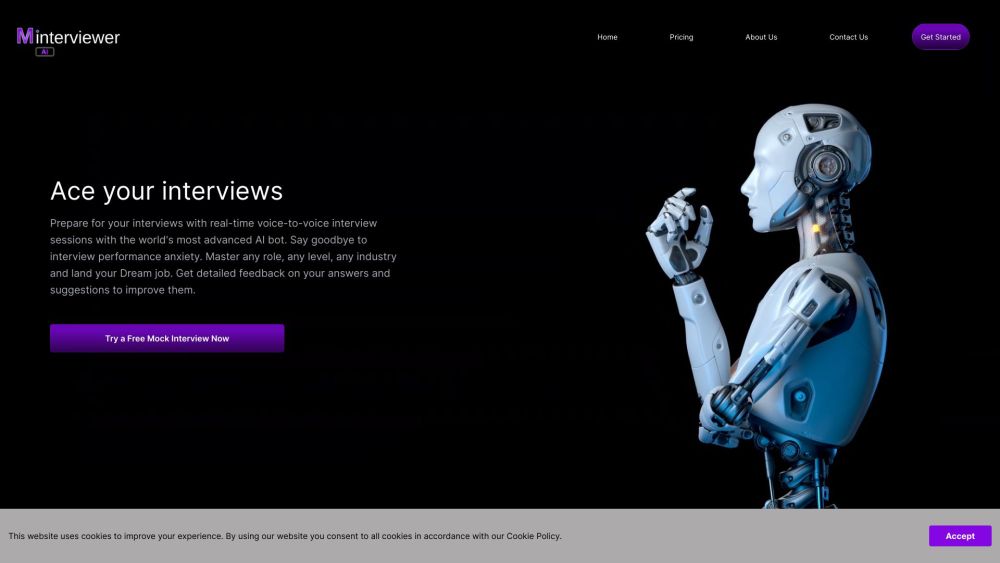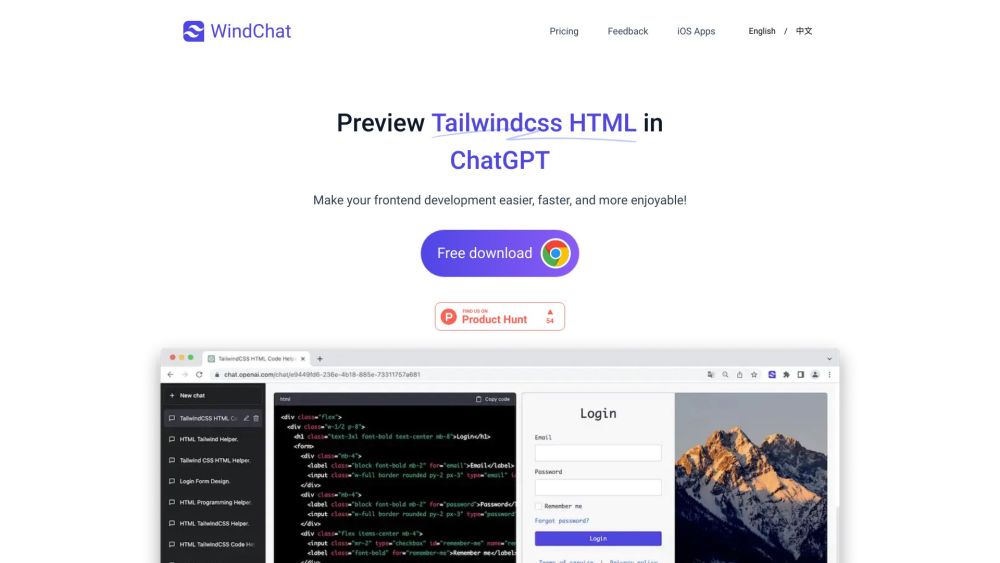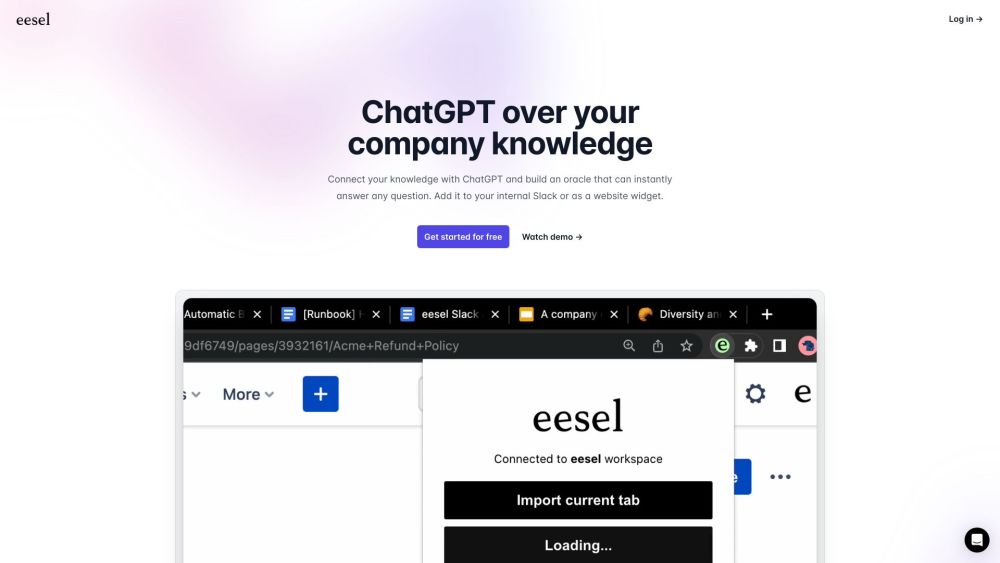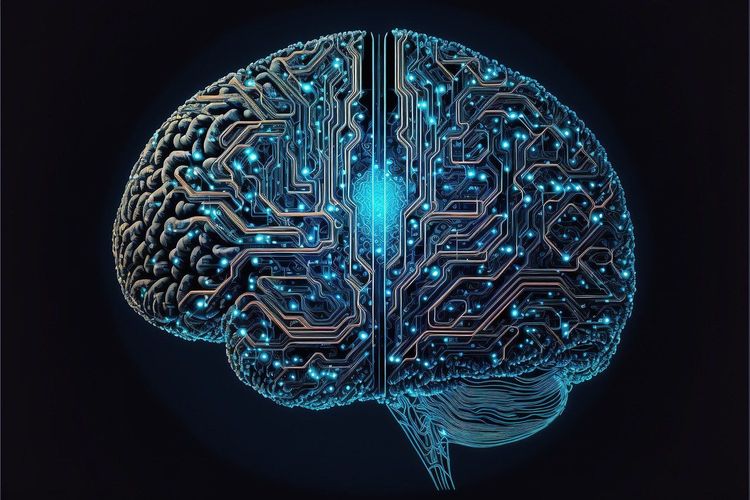The Impact of Generative AI on Recruitment
In recent months, generative AI, particularly with the rise of ChatGPT, has captured global attention. Following AlphaGo’s historic victory over Lee Sedol in 2016, which ignited an AI movement, public interest waned briefly until the resurgence of ChatGPT reignited the conversation. During the AI 1.0 era, the focus was primarily on developing models for specific tasks, such as image recognition and language processing. The shift to AI 2.0 introduced self-supervised learning, allowing systems to learn from vast datasets and generate new content, enhancing interactions with users. Today, AI assists in diverse areas, including debugging, game development, and multiform writing.
Human society stands at the cusp of what scientists term the "singularity," characterized by rapid technological growth and significant productivity increases due to transformative changes. According to Goldman Sachs, generative AI applications are expected to dramatically simplify workflows, driving annual productivity boosts beyond 1.5%. Industries such as marketing, gaming, media, e-commerce, education, and healthcare are eagerly embracing AI-generated content (AIGC) to leverage this unprecedented transformation.
1. Transforming Recruitment with AI
AI is revolutionizing recruitment processes within human resources (HR), enhancing efficiency and expanding possibilities.
Addressing Recruitment Inefficiencies
Slow hiring processes and overwhelming administrative tasks have long plagued HR professionals. AI efficiently automates repetitive tasks such as drafting job descriptions, extracting key information from resumes, and scheduling interviews, significantly increasing HR productivity.
Improving Decision-Making Accuracy
Jack Welch, former CEO of General Electric, highlighted that poor hiring choices can cost organizations 1.2 to 1.5 times an employee's annual salary. AI provides data-driven insights and unbiased candidate evaluations through intelligent analysis, helping HR make informed decisions and reduce hiring risks.
Enhancing Candidate Experience
In a competitive talent market, attracting and retaining top candidates is essential. AI streamlines communication and interaction, offering valuable feedback to candidates—such as acknowledgment after resume submission and follow-up surveys post-interview. These timely interactions strengthen the bond between the company and potential hires.
Shilei Shi, Vice President of Yonyou Network, envisions the future of recruitment as a conversational AI experience, allowing users to engage directly with AI for seamless operations. For instance, when seeking an engineer, AI can refine hiring requirements through targeted questions and autonomously manage interview scheduling. This approach is more efficient than traditional search methods.
Clearly, AI 2.0’s trajectory is evolving from "assisting humans" to "full automation," transforming from basic algorithms to intelligent assistants that deliver a more efficient, precise, and human-like recruitment experience.
2. AI Leadership in Recruitment: Yonyou Daei at the Forefront
Yonyou Daei, a pioneer in artificial intelligence in China, has continuously evolved its offerings to meet market demands. Recently, they introduced YeeBot, an AI-powered recruitment assistant designed to enhance HR and interviewer efficiency across various hiring scenarios.
HR professionals can utilize YeeBot to automatically extract key points from resumes, moving away from complex scoring systems to streamlined, autonomous summaries that enhance candidate evaluation precision.
Interviewers can leverage YeeBot to create customized question banks tailored to candidates’ resumes and job requirements. Additionally, it prompts follow-up questions based on candidate responses, facilitating deeper assessments of their skills. After interviews, YeeBot provides scientifically-backed evaluations for HR consideration.
The role of AI in recruitment is increasingly versatile and evolving from mere data processing to a responsive "assistant" capable of understanding needs and engaging in real-time interactions.
3. Returning to the Essence of Human Resources
John Cryan, CEO of Deutsche Bank, noted that while robots handle monotonous tasks, future technology will create new value for humans. This principle applies to HR professionals as well. Future HR roles will focus more on strategic thought and value creation rather than routine tasks.
Recruitment-focused HR should emphasize building relationships with candidates. Effective communication and trust-building are crucial for re-establishing the core of human resources. This aligns with Yonyou Daei's Talent Relationship Management (TRM) concept, which utilizes AI to relieve HR from administrative burdens, allowing more time for nurturing talent relationships.
Yonyou's next-generation recruitment system not only offers improved tools for efficiency but also encourages companies to prioritize candidates’ needs. This strategy is essential for attracting and retaining top talent, ultimately contributing to sustained organizational success.






